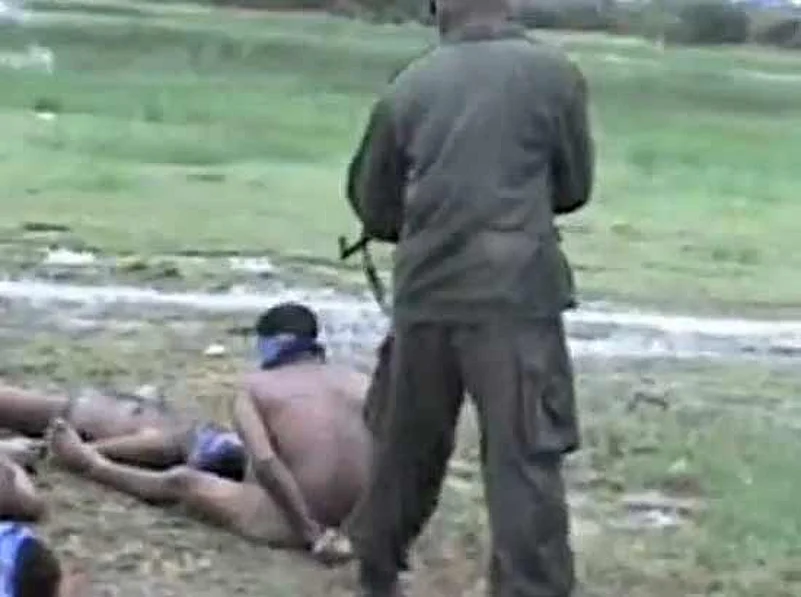I got to Sri Lanka two days after the tsunami in 2004 where I worked for the UN. I was evacuated on September 16, ’08. All the UN aid agencies and NGOs were ordered to evacuate from Kilinochchi that morning as the Lankan government said they could no longer offer protection to us. The UN gave in and decided to pull out. There was no pressure actually and I am quite critical of what the UN did at that time. At least 2,50,000 civilians lived in the north. The next 2-3 days, there were civilians protesting in front of our office, pleading with us not to leave. We were told if we left they would lose the only witnesses they had. We were the international witness to the war but we jumped into our cars and left.
In those few weeks before the pullout, the UN had reached an agreement which essentially meant that if any explosives or air attacks took place where we worked, we must evacuate immediately. There were aid organisations from the world over. And at that point the army was closing in—a pincer-like movement from Mullatheevu and Jaffna.
As the army advanced, we realised we were less and less able to help the people. Tens of thousands of people were heading from all over the north, Vavuniya and Mullatheevu, heading towards Kilinochchi. It was becoming an impossible situation for us humanitarian workers to try and find secure shelter, water and food for these desperate people. At the same time, the A-9 road that led to Kilinochchi was becoming compromised. Checkpoints by the army led to embargoes on kerosene, diesel and food items. Basically, we were being squeezed out.
The LTTE political and civil HQ was at Kilinochchi while the military headquarters was in Mullatheevu. On September 10, my office in Kilinochchi came under heavy air attack, for unbeknownst to us the LTTE had put an intelligence installation in one of the civilian homes. At 6 am, two jets came swooping down and a bomb exploded, killing four civilians. Some of the shrapnel narrowly missed my leg. It was getting plain dangerous.
Six hundred people outside our compound were pleading with us not to go. We just turned our backs and left. Even the LTTE called and asked us not to leave as they saw the UN as shields. But we left and we know civilians and LTTE members were killed after that.
I am not an Indian citizen but I think India has a moral obligation to do something here. I am no one to comment on India’s external relations and internal decisions and I don’t want to take a position on the resolution before the UN human rights council. But I believe the UN let down the Tamils in Sri Lanka, that horrific war crimes took place, that there were large-scale violations of international laws. It’s not just a question for India, we all have an obligation to the people who were trapped in the conflict. Perpetrators of that violence are sitting in government, representing Sri Lanka at the UN and in delegations to other states.
The Rajapakse administration say they need to move on. How will the country heal? There are people in Sri Lanka from all communities, people who have left and others who felt compelled to leave and are in Chennai, Zurich and Toronto who now lead completely destroyed lives.
I remember the brutality. Around the same time the civilians were coming out, there were checkpoints where everyone was asked to strip and checked. Female Tigers were raped. Those were the gruesome days and they have been well chronicled by some of my colleagues. There was a lot of abuse of women, as is evident from the images in the Channel 4 documentary, The Killing Fields. A large number of these Tigers were kids, civilians suddenly given a gun and forced to join up by the LTTE. At the end of the war, when the remaining Tigers were taken to the rehabilitation camps, many disappeared, many others were killed in cold blood. My security guard was a skinny, lovely guy who was taken by the Tigers. He was 21 years old. Forced to go to the frontline, he died there.
This may have been a successful counter-insurgency operation but morally, under international law, it was absolutely reprehensible.
(Dix was an aid worker in north Sri Lanka during the war. He also contributed to The Killing Fields. )
—As told to Anuradha Raman


























